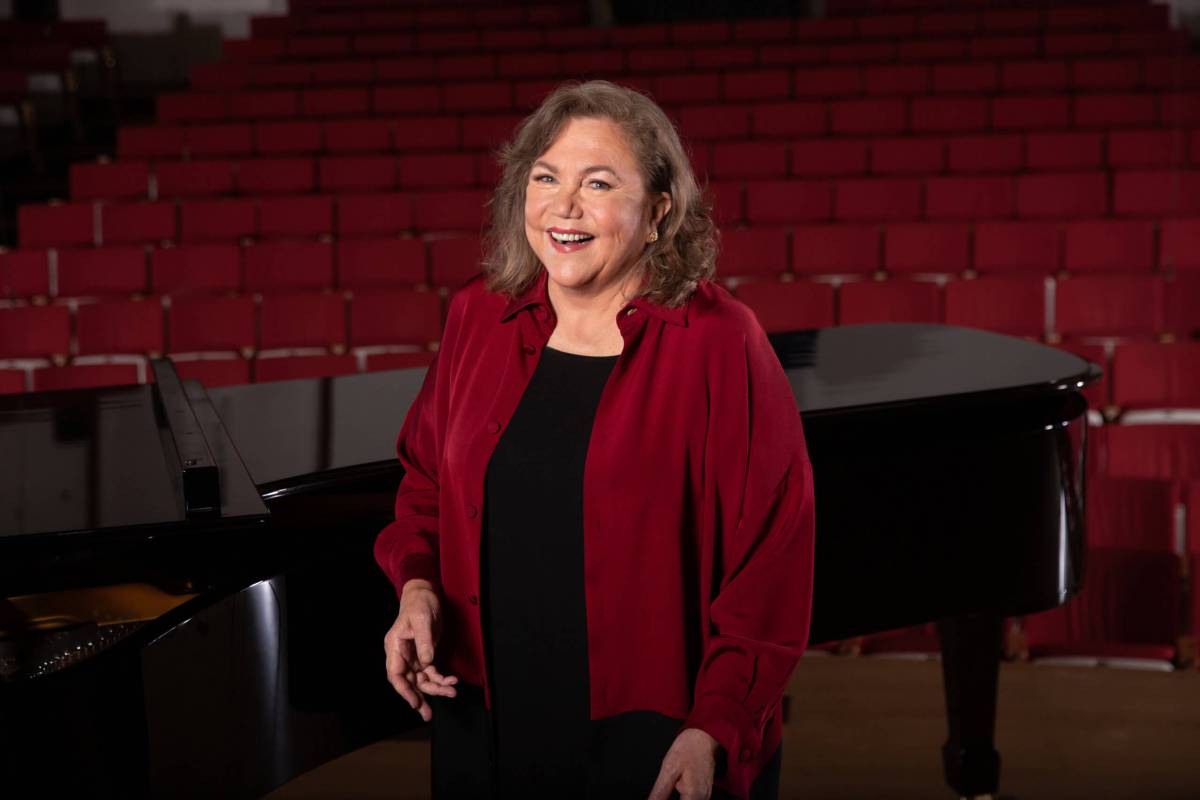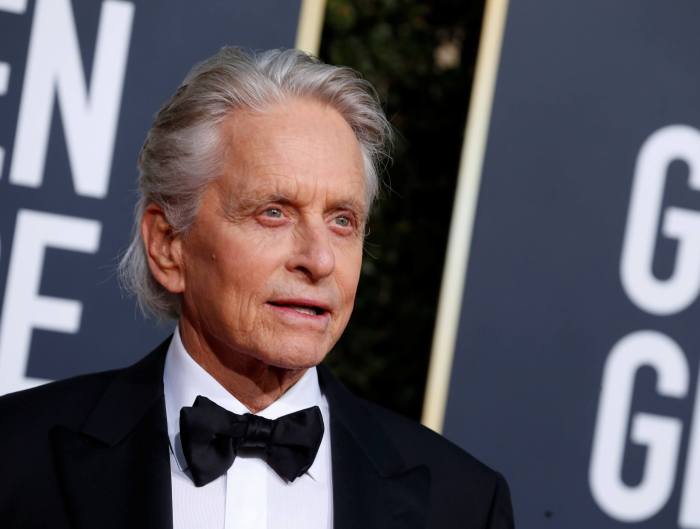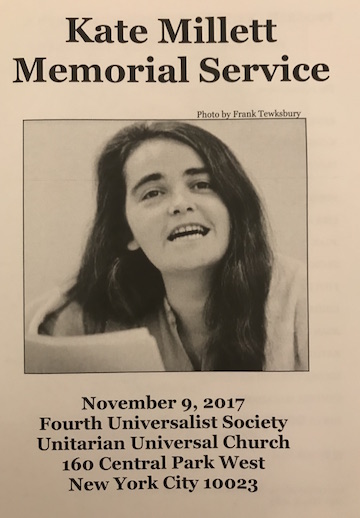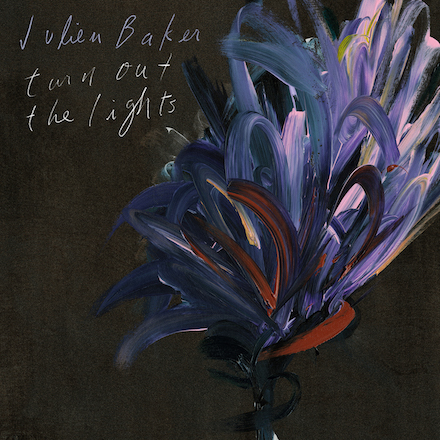Kathleen Turner is a legend of the stage and the screen, big and small.
When the acclaimed actor with the deep voice wasn’t bowling over audiences during her time in cinematic and televised experiences such as War of the Roses, Body Heat, Serial Mom and, most recently, The Kominsky Method, theater aficionados have long known her intensity and prowess, off and on Broadway with riveting emotional appearances in playwright Albert Innaurato’s Gemini, Tennessee Williams’ Cat on a Hot Tin Roof, Edward Albee’s wrenching Who’s Afraid of Virginia Woolf, and the adaptation of Buck Henry’s The Graduate with Turner as the tersely sensual Mrs. Robinson.
Along with playing to those classics of modern theater, Turner has had the benefit of having plays geared toward, and written for her, such as the one-woman show, Red Hot Patriot: The Kick-Ass Wit of Molly Ivins. Yet, no one woman show could be more geared toward Turner – while challenging all of her talents anew – than her singing, storytelling affair, Katherine Turner: Finding My Voice, which hits Town Hall for one night only on Thursday, December 16. (www.KathleenTurnerOnTour.com, Town Hall, 123 W. 43rd St.)
Presented by New York City theater producer Ken Davenport, directed by Andy Gale (renowned for his time with vocalist Audra McDonald), and arranged and accompanied by Mark Janas (long connected to cabaret great, Marilyn Maye), Turner’s goal, on Thursday, is to reveal all the drama of her life and career, known and unknown, through song.
“In the show, I talk about growing up and how I started acting 42 years ago; then into present-day projects and the wild variety of work that I do,” said Turner in an email statement. “I want to take audiences inside my life – about me, my adventures, what I’ve learned and what I believe in. In Finding My Voice, there’s no hiding behind a character, but I really enjoy that.”
Turner started the development process for Finding My Voice back in 2017 with Gale and Janas in tow, through the auspices of the Philadelphia Theatre Company at the Suzanne Roberts Theatre. That is where this writer was lucky enough to catch a work-in-progress look at what Turner would talk about and sing of on a small stage. Once on stage, there were no limits to the frank discussion: divorce, health scares, professional ups and downs, aging – all accompanied by Turner’s gorgeously gravelly baritone singing classics from the Tin Pan Alley/Great American Songbook such as “It’s Only a Paper Moon” and “Every Time We Say Goodbye.”
“I love the intimacy [performing cabaret],” Turner told Metro Philadelphia back in 2017, before the debut of Finding My Voice. “I love being able to really see and connect with an audience. I like not having the barrier of the ‘fourth wall.’”
More recently, Turner recalled her one-woman show’s start in Philly during a conversation with Vogue, stating, “I’ve performed a lot of one-woman shows, but never anything that involved singing. The first time I did this was at a lovely theater in Philadelphia where we hung chandeliers and made it feel like a real cabaret. It was very intimate, and just nice to see how it felt to do a show of that nature. I’ve been working on it through the pandemic, so new experiences, new memories, and new political situations have changed it. I’ve certainly had a lot of input throughout my acting career, but it feels different creating something from the ground up.”
As for the notion of actors, young, old and typically known for the screen performances such as she, Turner had some real and frank advice for those with and without the stomach, one-woman show and beyond.
“There are a lot of film actors who think they can do stage, but that’s not necessarily true,” Turner told Vogue. “Most actors like knowing they can do their 14 hours, go home, and do whatever the fuck they want. They don’t necessarily understand what eight shows a week means because you can’t do much else. Everything is oriented around that show—you don’t go out, you don’t see friends. A lot of people aren’t willing to do that to their lives.”

































